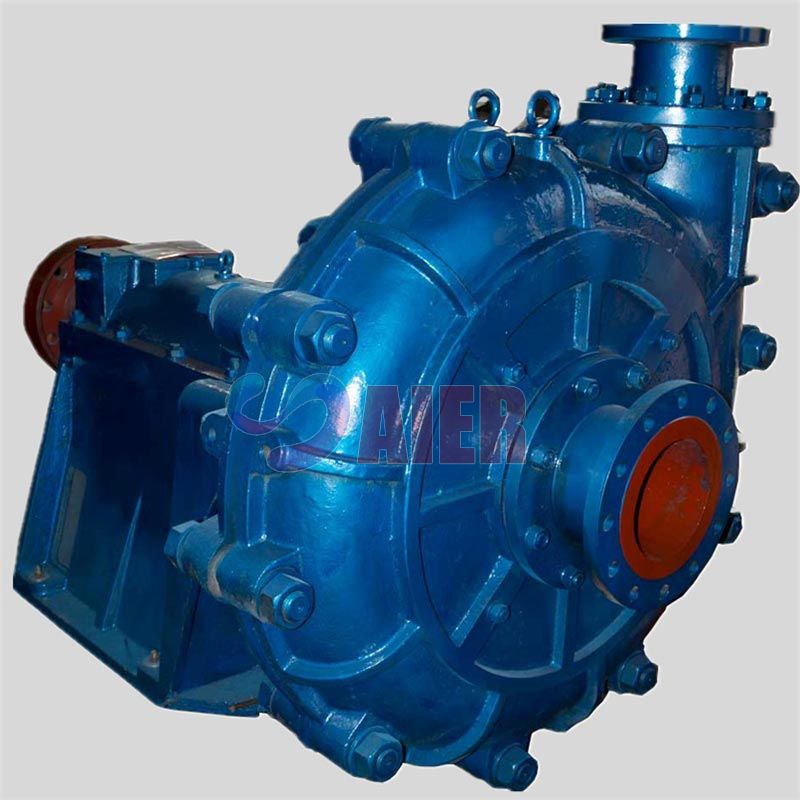Dec . 05, 2024 14:42 Back to list
Vertical Chemical Sump Pump for Efficient Liquid Management in Industrial Applications
The Vertical Chemical Sump Pump An Essential Component in Industrial Applications
In modern industrial settings, the safe and efficient management of chemicals is of paramount importance. The vertical chemical sump pump has emerged as a crucial component in handling various corrosive and hazardous fluids, facilitating a cleaner, safer, and more productive work environment.
Design and Functionality
The vertical chemical sump pump is specifically engineered for the unique challenges presented by pumping corrosive and viscous fluids commonly found in industries such as chemical processing, wastewater treatment, and oil refining. Unlike standard pumps, these vertical pumps typically feature a long shaft design, allowing them to operate efficiently in sumps or pits where these fluids accumulate.
One of the standout characteristics of vertical chemical sump pumps is their vertical orientation, which allows for a smaller footprint and makes them ideal for applications with limited space. The pump is submerged in the liquid, with the impeller below the casing, which effectively minimizes the risk of cavitation and ensures that the fluid is drawn directly from the reservoir. This design not only improves performance but also helps in reducing wear on the pump components due to less exposure to air.
Materials and Corrosion Resistance
Given the aggressive nature of the chemicals they often handle, vertical chemical sump pumps are constructed from materials specifically designed for chemical resistance. Common materials include stainless steel, polypropylene, and other specialty alloys that can withstand harsh environments. This resistance to corrosion is crucial, as it extends the lifespan of the pump and minimizes maintenance costs.
Moreover, many manufacturers offer a range of customizable options for motor and impeller materials, further enhancing the pump’s ability to operate effectively with specific chemicals. This customization allows industries to utilize sump pumps that meet their unique processing challenges without compromising safety or efficiency.
vertical chemical sump pump

Applications
Vertical chemical sump pumps find applications across a broad spectrum of industries. In chemical manufacturing, they are used to transfer acids, bases, and other hazardous materials between processing units. In wastewater treatment facilities, these pumps play a vital role in managing sludge and contaminated liquids, ensuring that processes run smoothly and comply with regulations.
In the oil and gas sector, they are utilized for transferring produced water, drilling fluids, and other byproducts. The ability to handle these harsh substances safely is an essential factor in maintaining operational efficiency and environmental compliance.
Advantages Over Other Pump Types
One of the main advantages of vertical chemical sump pumps is their ability to handle high solid content fluids. The design accommodates larger solids without clogging, which is a common issue with traditional centrifugal pumps. Additionally, the vertical configuration allows for easier access for maintenance and cleaning, reducing downtime and improving overall productivity.
The integration of advanced technologies has also led to more energy-efficient pumps, which can significantly cut operating costs. Many modern pumps come equipped with variable frequency drives (VFDs) that allow for optimal control over the pump's operation, adjusting speeds based on specific flow requirements.
Conclusion
The vertical chemical sump pump is an indispensable tool in industries that deal with corrosive and hazardous fluids. Its innovative design, material resilience, and adaptability to various applications make it a top choice for many industrial settings. As manufacturing processes advance and become more demanding, the vertical chemical sump pump will continue to evolve, providing enhanced safety, efficiency, and reliability. Investing in high-quality vertical sump pumps not only improves operational efficiency but also ensures compliance with safety regulations, ultimately fostering a safer working environment in the chemical industry.
-
High Quality Submersible Slurry Pump with Agitator Manufacturer & Factory Reliable Submersible Pump Solutions
NewsJul.05,2025
-
Cheap Dredge Pump for Sale – China Cheap Submersible Pump for Wastewater Supplier
NewsJul.05,2025
-
Wholesale Casting Dredge Pump Part - High Quality China Manufacturers & Suppliers
NewsJul.04,2025
-
High Quality Slurry Pump Seals Reliable China Suppliers & Manufacturers
NewsJun.24,2025
-
High Quality Portable Submersible Slurry Pump Supplier & Manufacturer from China
NewsJun.10,2025
-
Slurry Pump Parts Manufacturer – High Quality Rubber Spare Parts from China
NewsJun.10,2025
